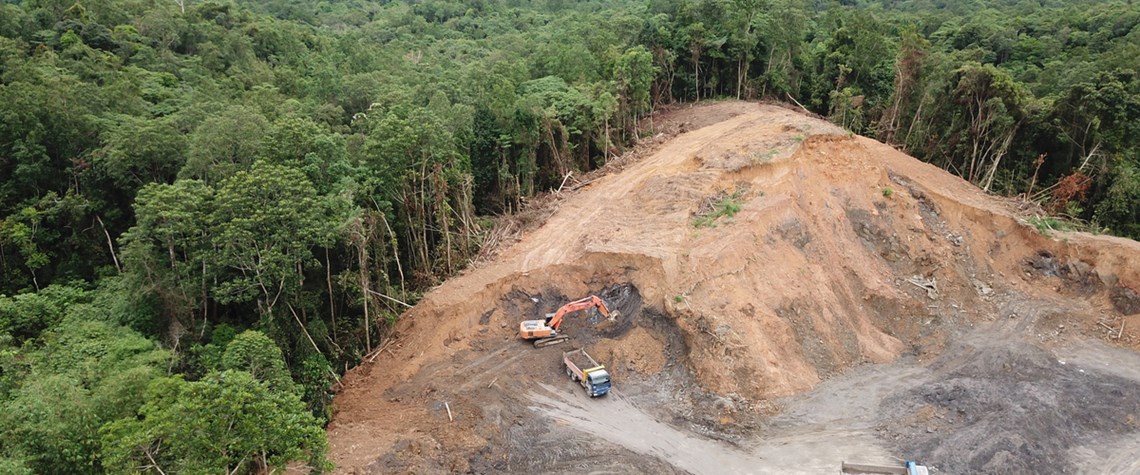Cautionary tales of climate change
Well-intentioned policies can have profoundly damaging consequences. Hopefully, the world takes note as it seeks to meet the Paris goals
The first movers in developing renewable fuels were the Brazilians, with sugarcane-based bioethanol. The government was looking for ways to reduce its massive trade imbalance by lowering imports of gasoline. The result was an unintended ecological disaster. To meet the massive demand, large swathes of rainforest were cut down and sugarcane planted. These plantations were mainly inland, the cheapest land available, and production units were necessarily built nearby to covert the sugarcane before its chemical composition changed. Tanker trucks then transported bioethanol up to 1,700km to the densely populated coastal cities of Sao Paolo and Rio de Janeiro. Production grew so rapidly that Bra

Also in this section
23 October 2024
Next government faces the difficult task of balancing decarbonisation ambitions with energy security realities
21 October 2024
Gulf Energy Information will host the largest women's event in the energy industry on 19–20 November in Houston, Texas








